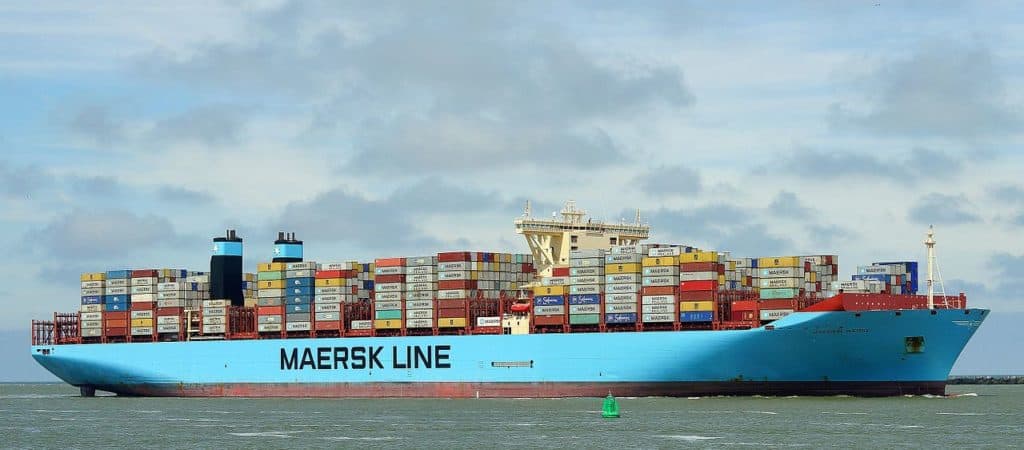Shipping lines continue to cancel sailing as coronavirus takes a toll on the global shipping industry. China struggles to continue normal trade operations after the coronavirus epidemic.
Effect on Global Shipping Industry
Commercial trade, being heavily dependent on China, is the worst-hit sector by the dangerous coronavirus outbreak. The coronavirus induced the government to streamline policies to insulate blow to growth. The world’s biggest container line Maersk announced that the global shipping industry would face a hard time this year due to disruption in trade.
Further, Maersk’s chief executive Soren Skou stated that the scarcity of workers is creating a huge pressure on transportation. Due to the quarantine of workers, there is shortage of employees both at the loading and receiving ends. Also, there are a lot of ships lying idle on Asia ports due to the cancellation of shipments from China. However, Maersk expects 90% of production to return to normal in the first week of March.

Increasing the Cost of Shipping
MSC, the world’s second-largest container line, reported effecting of discharge of reefers due to power problems. Further, the congestion of reefers and blank sailing will add to the shortage of containers. Alphaliner, shipping consultancy firm, revealed cancellation of around 46% of departures to the Asian and North Europe route. Increase in shipping cost is inevitable at the moment as the global shipping industry enters a critical phase.
Impact on US-China Trade Agreement
Richard Ballantyne, chief executive of the British Ports Association confirmed the impact on trade flows from China. Further, he added that the problem would result in a higher cost of shipping causing a further increase in the cost of commodities. Besides, the disruption in global shipping industry would affect US-China ‘Phase One’ trade agreement according to which China. However, the trade is likely to get affected as major trade takes place through sea routes.
Dry Bulk Market and Freight Rates
The negative impacts on seaborne trade are having adverse effects on the economic development of Asia. Further, large lock downs of the transport system have reduced demand for crude oil. Also, a reduction in Chinese bulk dry imports have hit dry bulk markets. The freight rates are expected to remain low till the revival of demand for grain, coal and iron ore from China.
In all, though it is difficult to project long term effects of the virus, dropping of demand and freight rates are some of its short term effects.